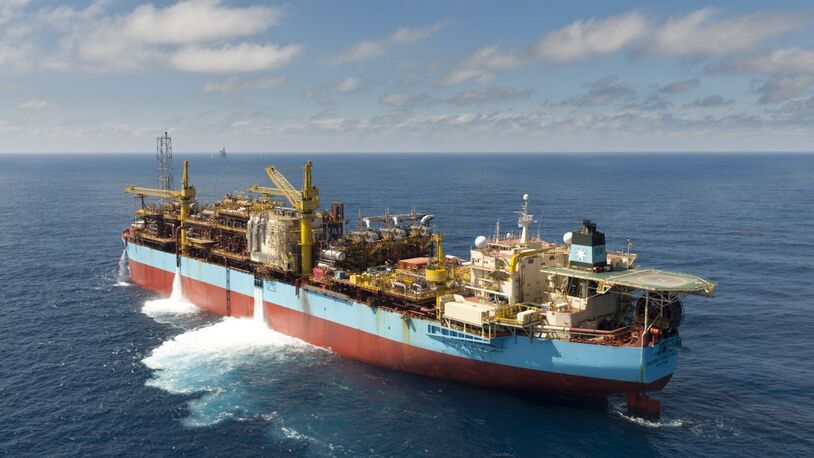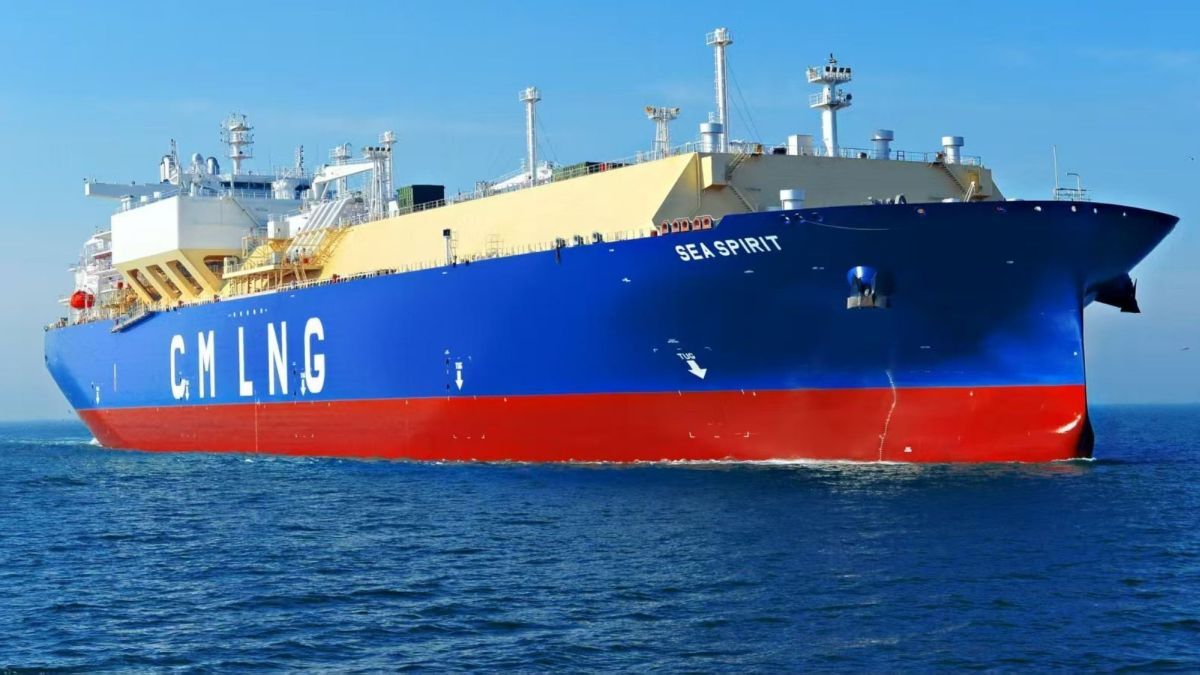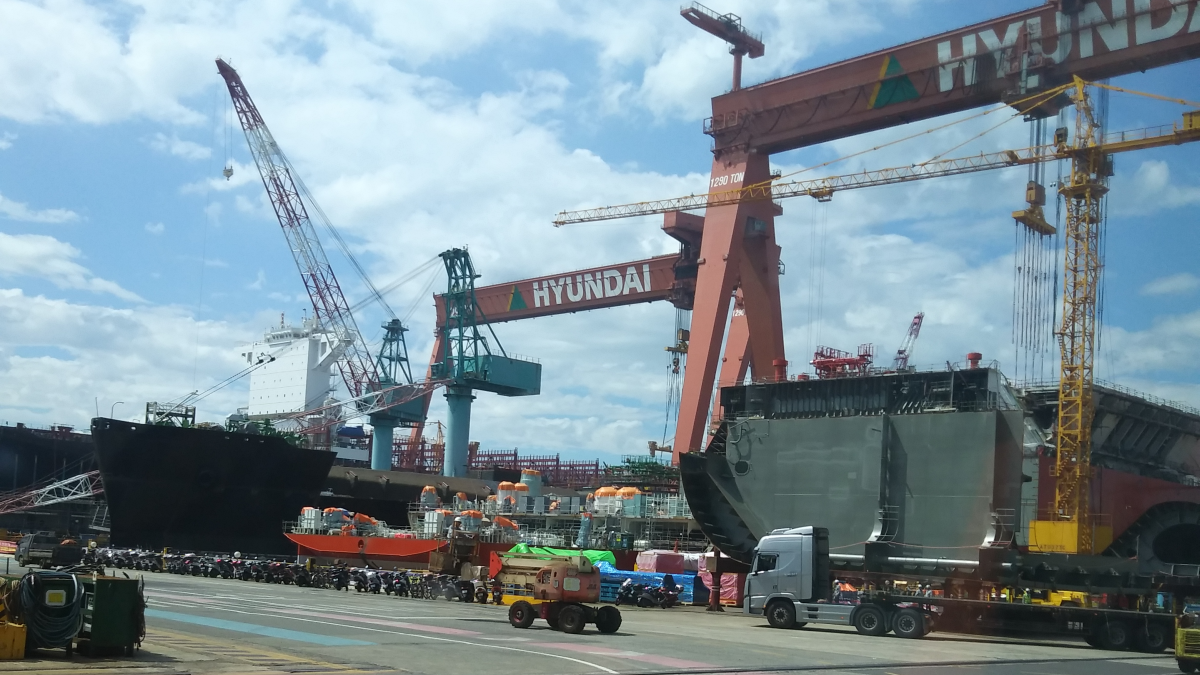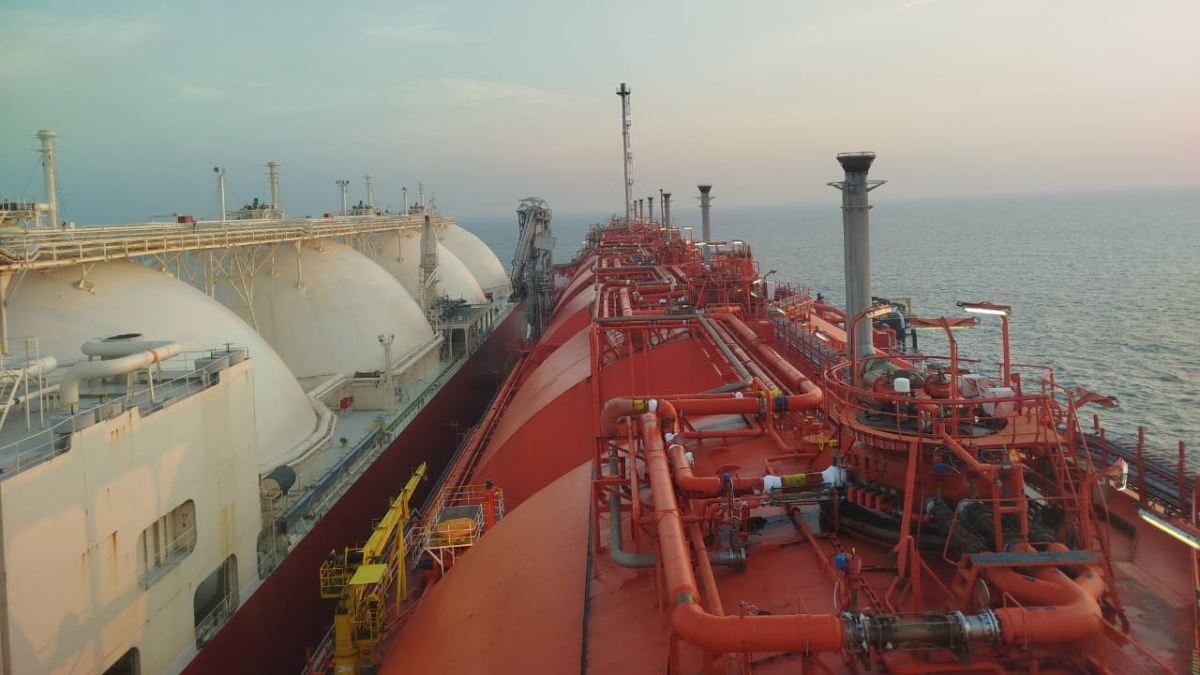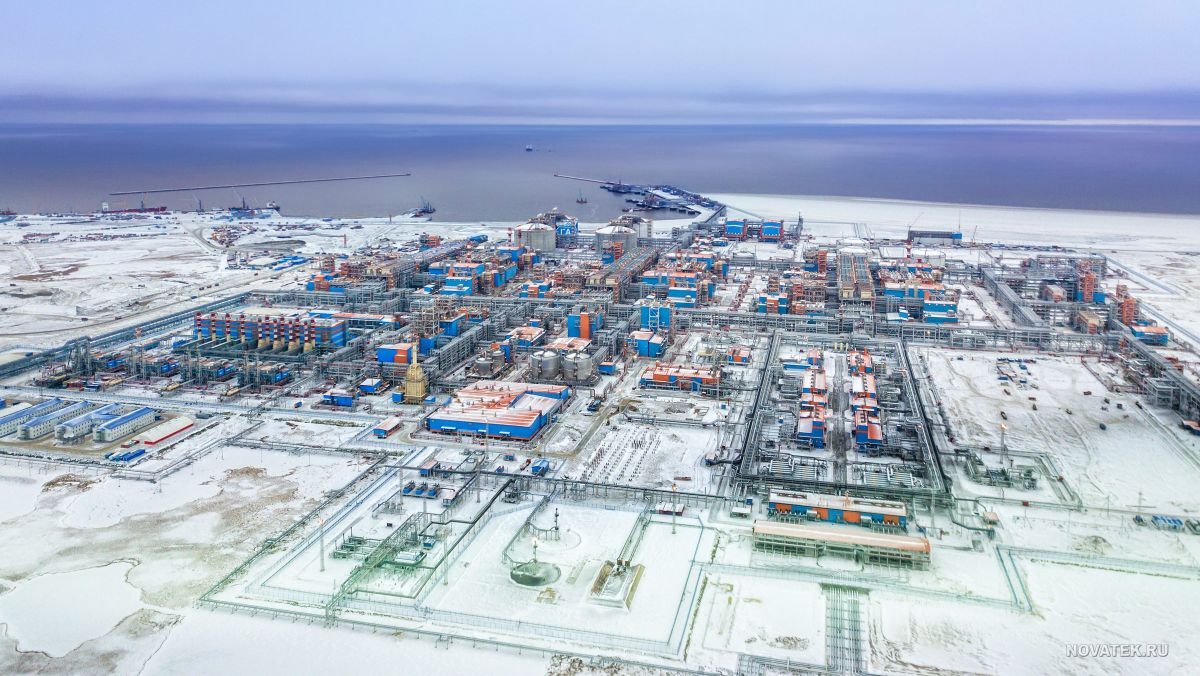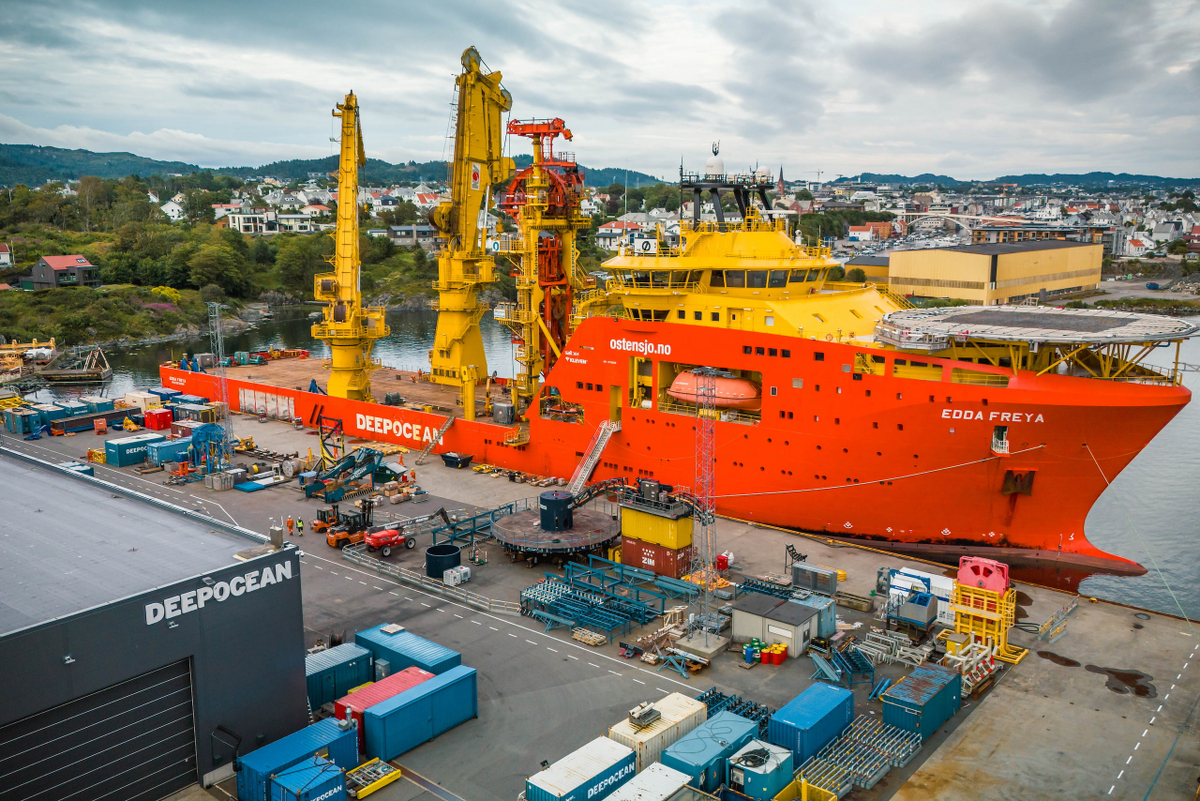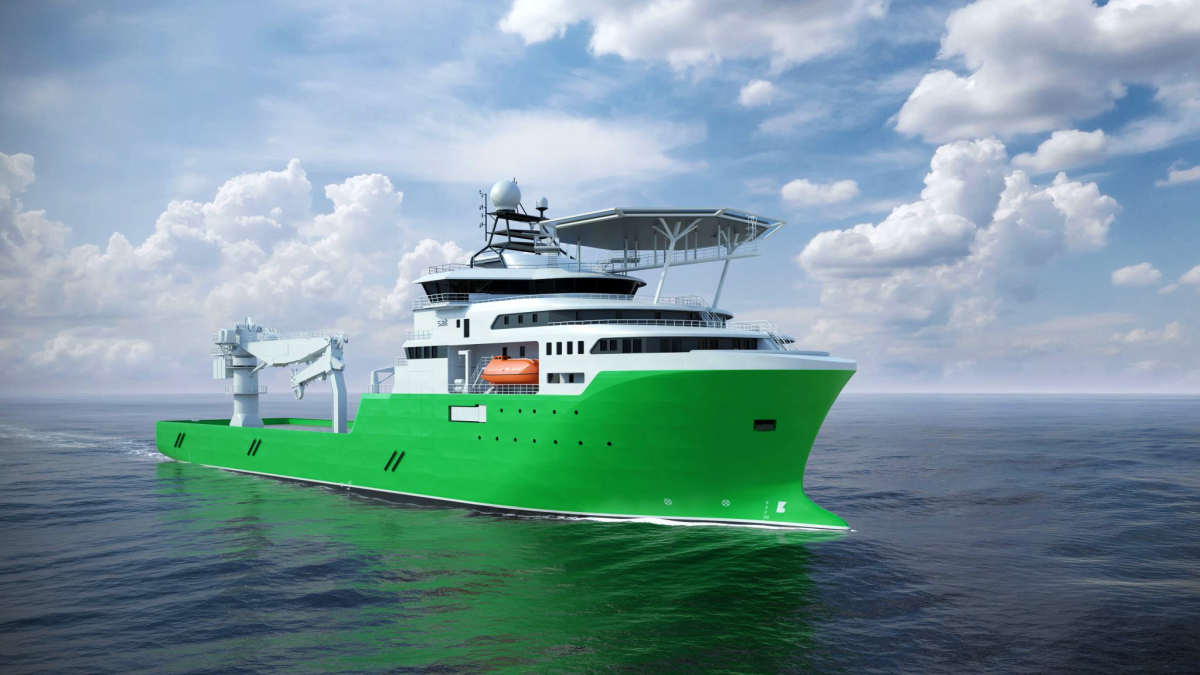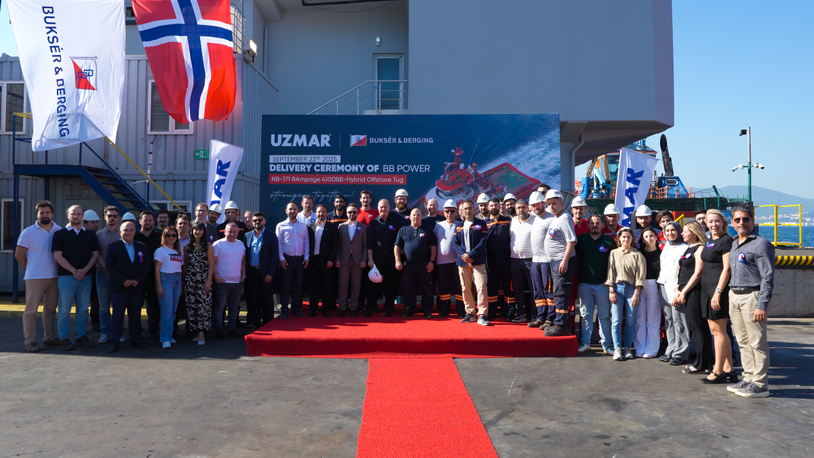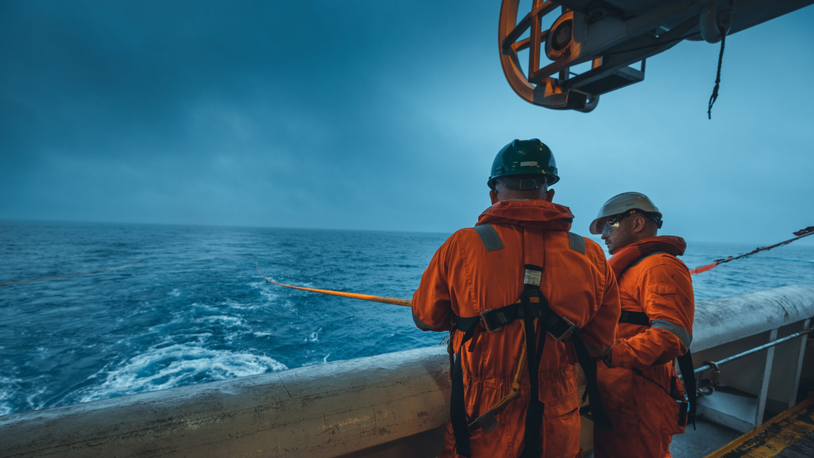Business Sectors
Events
Contents
IMCA seeks more input on DP incidents 1
More feedback on dynamic positioning (DP) incidents can only benefit the industry, says Hugh Williams, chief executive of the International Marine Contractors Association; IMCA is actively encouraging more reporting from DP equipped vessels
Reliable and robust methods of positioning are required for safe supply vessel operations at offshore installations. In the early days of the industry, anchors and ropes were used to moor ships. This was followed by joystick/manual control.
Increasingly, however, OSVs have been fitted with dynamic positioning (DP) systems, further widening the available options, and with US$17 billion worth of new tonnage being built and on the drawing board, there are hundreds of new OSVs about to join the offshore fleet. What is more, around 60 per cent of these will have DP equipment.
“OSVs are, of course, a fundamental part of the offshore support and construction industries and play an integral part either as assisters or prime movers,” says IMCA’s Hugh Williams. “They are no longer small or ‘bit part’ players. Our objective is to help ensure that they are operated safely.”
Logging station keeping incidents with IMCA ‘helps the cause,’ and the association publishes thse in the form of an annual incident report. Over the past 16 years IMCA has collected and disseminated data on more than 800 DP incidents.
“Some member companies automatically inform us of incidents, but we are eager to encourage reporting from member and non-member companies alike,” Mr Williams told OSJ. “The aim of the annual report is to help keep the DP fleet operational, safe and acceptable to authorities by feeding improvements into design, procedure and training, not only for IMCA member companies but for the whole DP fleet.”
As Mr Williams also explained, IMCA has now shifted the analysis of incidents in-house from outside contractors, and believes that not only will this provide earlier analysis and the more rapid dissemination of safety flashes – if appropriate – but will also ensure anonymity, which should encourage more reporting.
Work is underway at IMCA on the 2006 incident report, but the 2005 report sets out the analysis of 36 dynamic positioning incidents from drilling, dive support, ROV support, well operations, flotel, pipelay and offshore loading vessels.
As in previous years, each incident was categorised as a major loss of position (LOP1), minor loss of position (LOP2) or lost time incident (LTI). The 2005 report gave information on 15 LOP1, six LOP2 and 15 LTI incidents, with computers and thrusters continuing to feature as significant initiating triggers for these events.
Said Mr Williams: “I am glad to say that, despite the growth in the number of DP vessels, the report showed a continuing trend of reducing DP incidents reported to IMCA, from a maximum of 110 in 2000. However, we are aware that there are more incidents which are not reported to us – the more incidents that are reported, the more accurate the picture of DP operations and incidents that can be painted. This would mean that more meaningful analyses of incidents, together with appropriate guidance, can be generated.”
Data for the 2005 report was provided on 29 vessels - an improvement over the previous year – but still a reduction from earlier years where between 35 and 40 vessels contributed. “We do indeed need your input, not only with DP incidents, but on issues deserving of safety flashes, and on lifting incidents. The reported facts, and our subsequent actions, help the industry to find out why and how accidents happen; they enable us to analyse them and thus provide a reminder of the hazards. This action makes sure personnel are kept in the loop, and data and lessons learned can be shared,” said Mr Williams.
As DP expert, C W Johnson, notes in his Handbook of Incident and Accident Reporting: “Incident reporting schemes are cheaper than accidents”. In addition to publishing such reports, IMCA also issues instant ‘safety flashes’ relating to those meriting this treatment.
IMCA has also a published the IMCA Station Keeping Incident Analysis, a collection of reports from 1989, combined with the 1990-99 database and 1994-2003 review. Another relevant publication, issued during 2007, was Considerations about the Use of Hold-back Vessels during DP Diving Operations, which deals with the provision of additional security for DP vessels engaged in critical operations by means of attaching a wire.
It was with safe operations in mind that IMCA published International Guidelines for the Safe Operation of Dynamically Positioned Offshore Supply Vessels in Spring 2006. The guidelines were drawn up by an international cross-industry workgroup involving over 70 organisations ranging from independent companies to industry organisations and trade association.
“We plan to write to?all contributors and organisations at the beginning of 2008, to start a review of the initial document, which we always said we wanted to develop to keep pace with industry requirements. Anyone with involvement with OSVs and DP is more than welcome to provide their comments and suggestions to ensure that the guidelines meet their needs,” Mr Williams told OSJ*.
In October 2007, Ian Giddings, one of IMCA’s technical advisers, outlined at the Marine Technology Society (MTS) Dynamic Positioning Conference how fundamentally important the guidance, information notes, safety flashes and incident reports gathered by IMCA are to the industry.
As highlighted above, for many years IMCA (and its predecessor the DP Vessel Owners Association) has produced these documents about DP, based on information gathered from its members and the wider industry. Mr Gidding’s presentation in Houston examined the work already done in the area and – even more importantly – what is to be done in the future; this includes not only updating existing guidance but also providing new documents on simultaneous operations (SIMOPs) and well-specific operating guidelines (WSOG), as well as also a review of new position measuring equipment.
“This presentation has already proved extremely useful in helping the spread and recognition of what IMCA does on behalf of DP users. On a recent visit to the USA I was delighted that a delegate, who had been at the MTS conference, commended the work our association is doing on DP to the audience, including the US Coast Guard,” Mr Williams concluded. “We look forward to ever-more uptake of our guidance – and to those incident reports. We really do need them!” OSJ
* Input should be e-mailed to Ian Giddings: ian.giddings@imca-int.com
Related to this Story
Events
Offshore Support Journal Conference, Americas 2025
LNG Shipping & Terminals Conference 2025
Vessel Optimisation Webinar Week
© 2024 Riviera Maritime Media Ltd.


